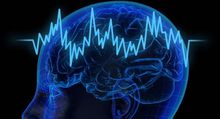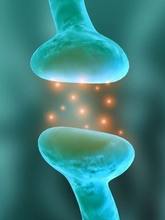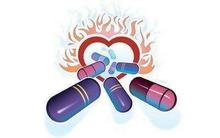Music: a simple intervention to improve mental and physical health

Music: a simple intervention to improve mental and physical health Music is an integral part of our society. It is a multi-billion-dollar industry and according to a report released by Nielsen Music, on average, Americans spend around 32 hours a week listening to music. Music has been used for centuries as a form of celebration […]
Continue reading








